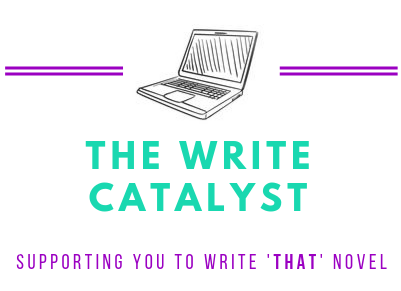We writers can be a mysterious bunch to other people; coming up with random ideas in strange places, for plots and characters that are so different to our current lives and personalities. But this is what I love the most about being a writer; the freedom of imagination. Most especially at the very beginning of a new novel idea; when I know enough about it to keep me intrigued and excited, but not quite so much that I can trust it will turn into my next novel.
My Process
So, this is what usually happens with me. It will start with a half-imagined dream – forming in those moments before I go to sleep when I’m drifting between awake and the depths of my subconscious. There have been so many of these instances whereupon I’m convinced that I don’t need to stir myself back to awareness; I’ll remember this idea, I’ll write it down as soon as I wake up. Inevitably; this never happens.
But sometimes I’ll carry the idea forward in my mind and the next day or two it will gently probe its way into my thoughts and settle there until I recognise the spark and actually do decide to write it down. I always intend only to write a sentence or two – just enough to remind myself later what the initial premise is – yet once my pen starts to move across the page (and yes, pen and paper is my idea-scribbling of choice), I can’t stop until the skeleton of the outline is there. A novel; summarised in two or three pages of almost illegible script.

Developing Time
From this point, I pack it away. Keep it out of my reach for a while.
Why? Because right then, it’s a perfect idea, packed with potential and excitement. If I break it down, try to analyse it and pick it apart, it loses some of its magic. These are the ideas that never get beyond this stage: those ones I try too hard to make work immediately. For my stories to develop, it takes a gestation of sorts; like waiting for an egg to hatch into a dragon.
Once I go back to it, and translate my scribble back into my brain I can see immediately where the issues are; characters that will be difficult to write, sub-plots that are missing or distracting, and elements that just will not work. This is when I need to be realistic. Am I ready to write this novel?

[ Caveat ]
I should at this point say, I have ideas that are kept in drawers – both literally and metaphorically – wonderful possibilities that I know I am simply not yet capable of harnessing with the written word. I also have half-abandoned attempts; where the promise just didn’t quite live up to my initial concept. Yet, on occasion, there is one that catches fire and the anticipation of being able to create it on the page burns in my belly and my imagination ignites.
30-Days of Novel Writing
This is when I sit down to write. Sometimes it’s odd scenes that come through strong, other times it’s a summary of the shape of the novel; a methodology of how it should be told.
I’m not one for simplicity in my writing. I like to mix time and perspective and knowledge. This is why I love November. National Novel Writing Month gives me a perfect opportunity to test out an early draft – draft zero if you will. I’m not an extensive planner; I learned early on that I can’t follow a path (or at least my characters won’t allow me to!). So with my basic premise, an inkling of what the themes might be, and a select group of characters, I write. I write through the 30 days of November and see where it takes me. Only then will I know for sure if it’s a novel worth pursuing.

Sign up to
The Write Catalyst Enewsletter
and get all the inside info on how to go from an idea to the finished draft of your novel!
As a thank you when you sign up you’ll get my free Idea Generator – a resource that will help you explore multiple story ideas and eliminate writer’s block!
Plus, you’ll be the first to hear about my FREE Writing Webinars!
